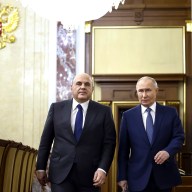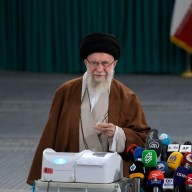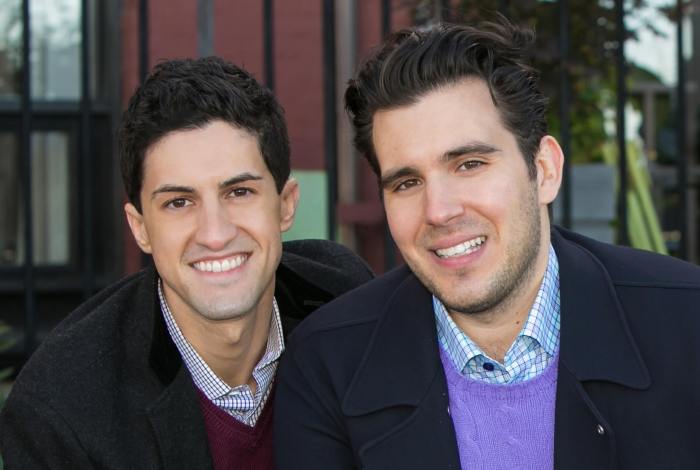OTTAWA – Environment Minister Jim Prentice is raising the spectre that international researchers at the heart of a controversy over fudged global-warming data may have been targeting Canada as a climate laggard.
More than a decade of correspondence between top British and U.S. climate scientists was stolen from the prestigious research department at Britain’s University of East Anglia and posted on websites last month.
The correspondence – which includes some 1,000 e-mails and 3,000 documents – appears to suggest that researchers may have squelched and skewed data to buttress the idea that the world is warming up.
Climate change skeptics say the emails prove scientists conspired to overstate the case that global is caused by human activity.
The theft of the emails and their publication online came just as some 190 countries prepare to meet in Copenhagen on Monday to try to agree on a new international climate deal.
Prentice told The Canadian Press he found the suggestion scientists may have fudged the numbers “very disturbing.”
He also questioned the motives of whoever leaked the emails.
“The counter-point to some of my positions had been offered by individuals from the University of East Anglia,” Prentice said, “and it made me wonder after the fact just what has been going on at the University of East Anglia, and what the motivations were in terms of offering positions on public policy here in Canada.”
The university believes a hacker managed to crack the research unit’s security, scoop up thousands of emails illegally and then post them on websites that have argued against the scientific consensus that the climate change is being caused by human activity.
The controversy has raged over the emails in newspaper columns and the blogosphere for several days.
But the environment minister stressed that the controversy over the emails does not change his belief in the science of climate change.
“I believe in the integrity of science. I’ve spoken strongly about this when I was industry minister, and I’ve spoken strongly about this to the scientists at Environment Canada,” Prentice said.
“We respect scientists. And the fundamental responsibility of a scientist is to produce empirical results that are accurate, reliable, with integrity.
“You can’t start to gerrymander science and you can’t start to achieve science by consensus or it’s no longer science. It becomes orthodoxy, or something else.”
The University of East Anglia said Thursday it would investigate whether its scientists doctored global-warming data. The investigation comes as Penn State University launched its own probe into one of its researchers.
The Sierra Club has asked the RCMP to investigate the theft of the emails, which were published on at least one web site believed to be hosted in Canada by a group of climate-change deniers.
The leaked emails have intensified debate between those who believe climate change is caused by human activity and those who don’t ahead of next week’s global-warming talks in Copenhagen.
Britain’s climate change secretary urged countries Thursday to be wary of “climate saboteurs” trying to scupper a deal in the Danish capital.
“I do think that we have to beware of the climate saboteurs, the people who want to say this is somehow in doubt and want to cast aspersions on the whole process,” Ed Miliband said.
The Copenhagen summit was organized to deliver a climate deal to replace the expiring Kyoto Protocol, a global greenhouse-gas treaty ratified by dozens of countries, including Canada but not the United States.
But expectations have been dampened recently and nearly all participants believe the most that will come out of Copenhagen is an blueprint that sets out a timeline and a rough sketch of an eventual climate deal.
Canada faces criticism from environmental groups and some European nations heading into the Copenhagen talks over what they perceive to be weak goals for lowering greenhouse gases.
The Conservative government aims to reduce emissions 20 per cent from 2006 levels by 2020. That essentially mirrors a target put forth by the Obama administration in the United States.
But some say Canada should make deeper cuts. Many European countries use 1990 – when emissions were lower – as their baseline year for cuts and they want Canada to do the same.
















